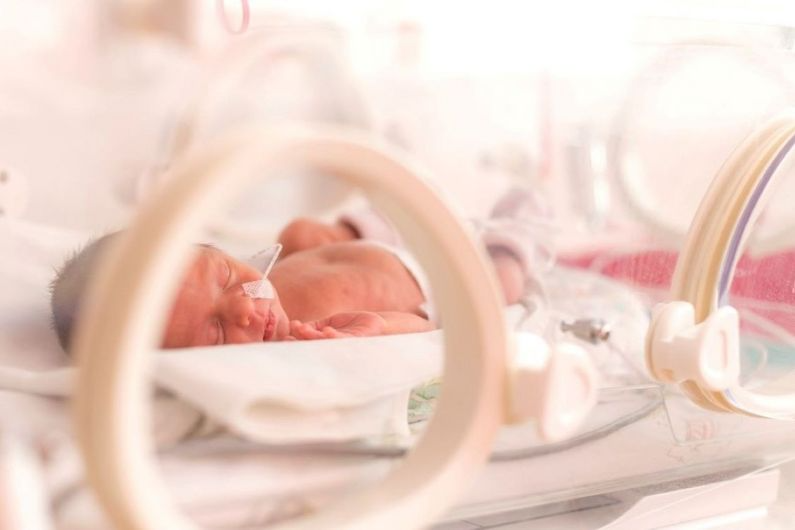Expectant Mothers Who Have HPV Could Be at High Risk of Giving Birth Prematurely
Persistent infection with certain types of human papillomavirus (HPV) in pregnant women may increase the risk of preterm birth,
 The risk of preterm birth appears to be three times more common among pregnant women with persistent HPV 16 or HPV 18 infection, a new study finds.
The risk of preterm birth appears to be three times more common among pregnant women with persistent HPV 16 or HPV 18 infection, a new study finds.
Persistent infection with certain types of human papillomavirus (HPV) in pregnant women may increase the risk of preterm birth, according to a study led by CHU Sainte-Justine researcher and Université de Montréal associate professor Helen Trottier.
Published today in the JAMA Network Open. this finding may have serious implications, as HPV is one of the most common sexually transmitted infections in Canada and worldwide, and a high proportion of women with the virus are of childbearing age.
“Our study shows that persistent infection with HPV type 16 or 18 into the third trimester of pregnancy is associated with a risk of preterm birth,” explained Trottier, who teaches at UdeM’s School of Public Health. “Considering that preterm births remain a major cause of perinatal mortality and morbidity, this is worrisome.”
On the bright side, an effective HPV vaccine is already available and could be used to prevent premature births associated with the infection.
40 types, mostly harmless
“Of all known types of HPV, about 40 infect the genital area,” explained study co-author Dr. Marie-Hélène Mayrand, an UdeM professor and clinical researcher in gynecology at the CHUM, UdeM’sd affiliated teaching hospital. “While most of them are harmless, some are associated with serious diseases like cervical cancer.”
Infection with any of these high-risk HPV types can cause changes or abnormalities in the infected cells and lead to cancer. HPV 16 and HPV 18 alone account for 70% of cervical cancer cases.
Trottier’s research team used data collected from 899 pregnant women recruited through the HERITAGE cohort at CHU Sainte-Justine, CHUM and St. Mary’s Hospital from 2010 to 2016.
Vaginal samples collected
“We collected vaginal samples during the first and third trimesters of pregnancy to perform genotyping tests and identify the types of HPV present,” said Joseph Niyibizi, the study’s first author, who worked on the project as part of his PhD at UdeM’s School of Public Health.
“HPV was detected in 378 participants, or 42 per cent of the group. Compared to uninfected women, pregnant women with persistent HPV 16 or HPV 18 infections were three times more likely to have preterm births.”
Infected women often have no symptoms or apparent lesions, so the infection goes unnoticed. “Vaccination is still the best way to prevent HPV infection and complications, and should ideally take place before the start of sexual activity,” noted Mayrand.
“We’re continuing our research to determine the frequency and short- and long-term consequences of mother-to-child transmission of the virus,” added Trottier.
Publication: Joseph Niyibizi, et al., Association Between Human Papillomavirus Infection Among Pregnant Women and Preterm Birth, JAMA Network Open (2023). DOI: 10.1001/jamanetworkopen.2021.25308.
Original Story Source: University of Montreal

 Alerts Sign-up
Alerts Sign-up